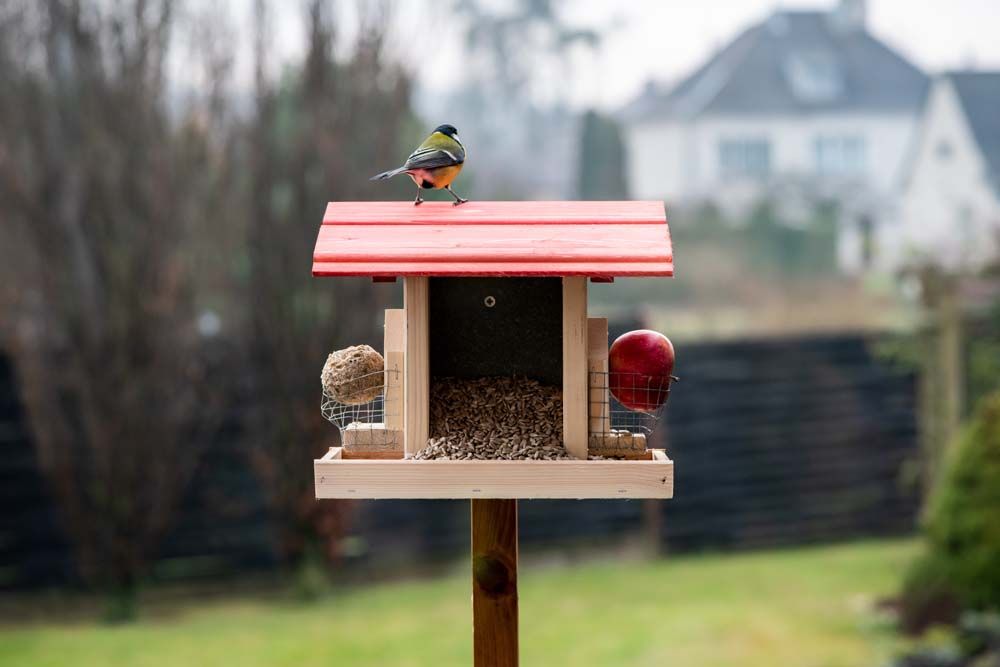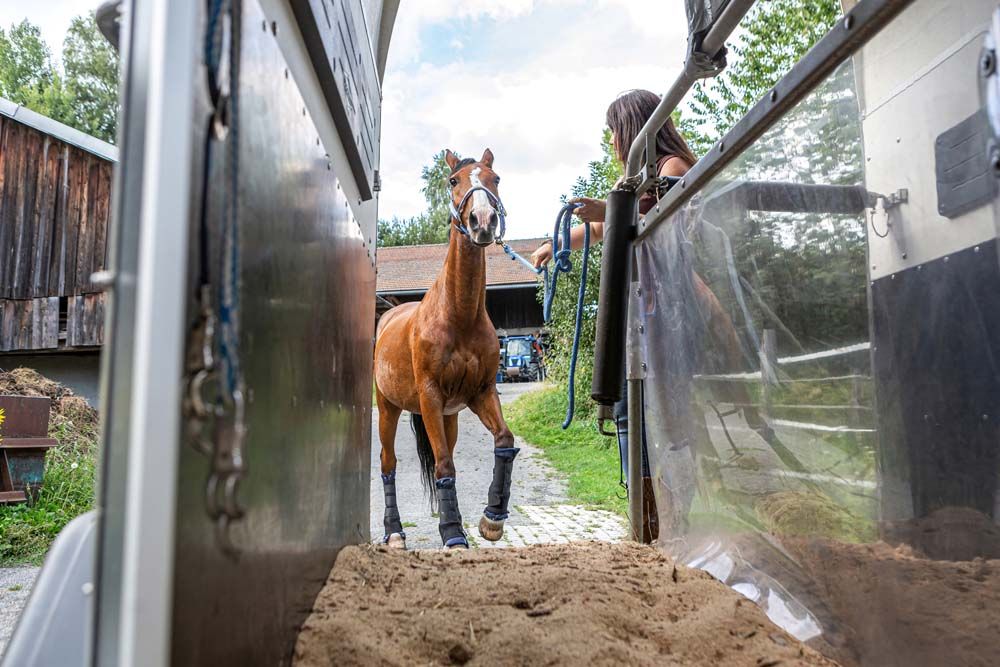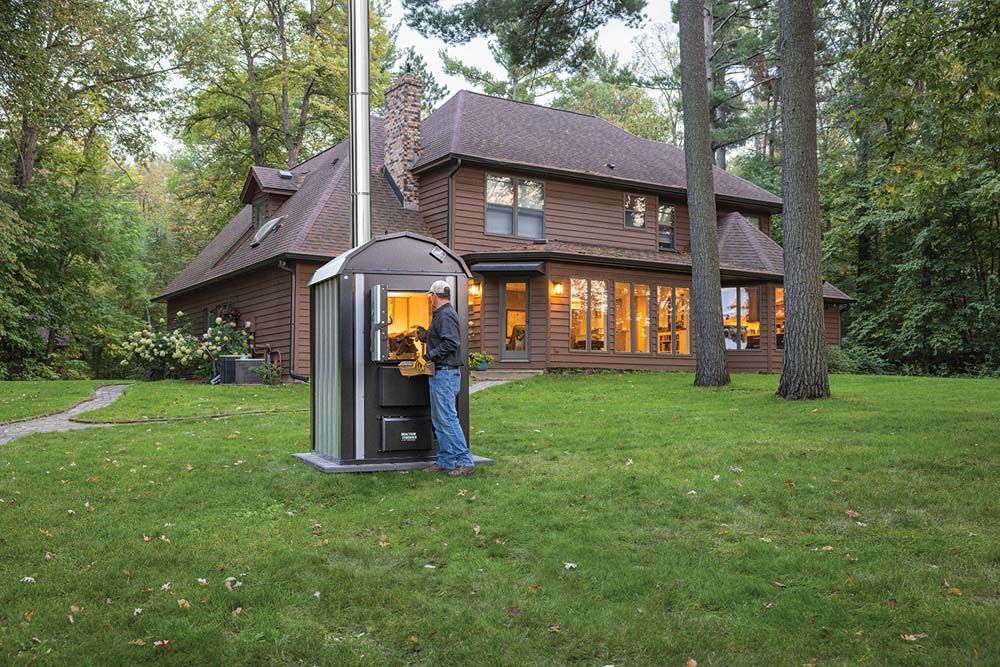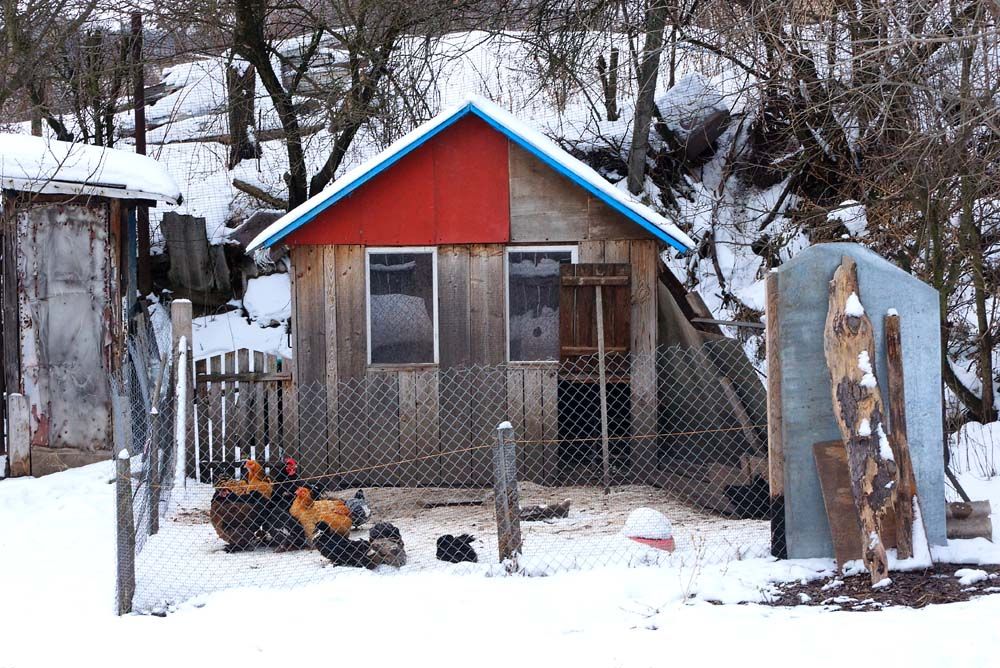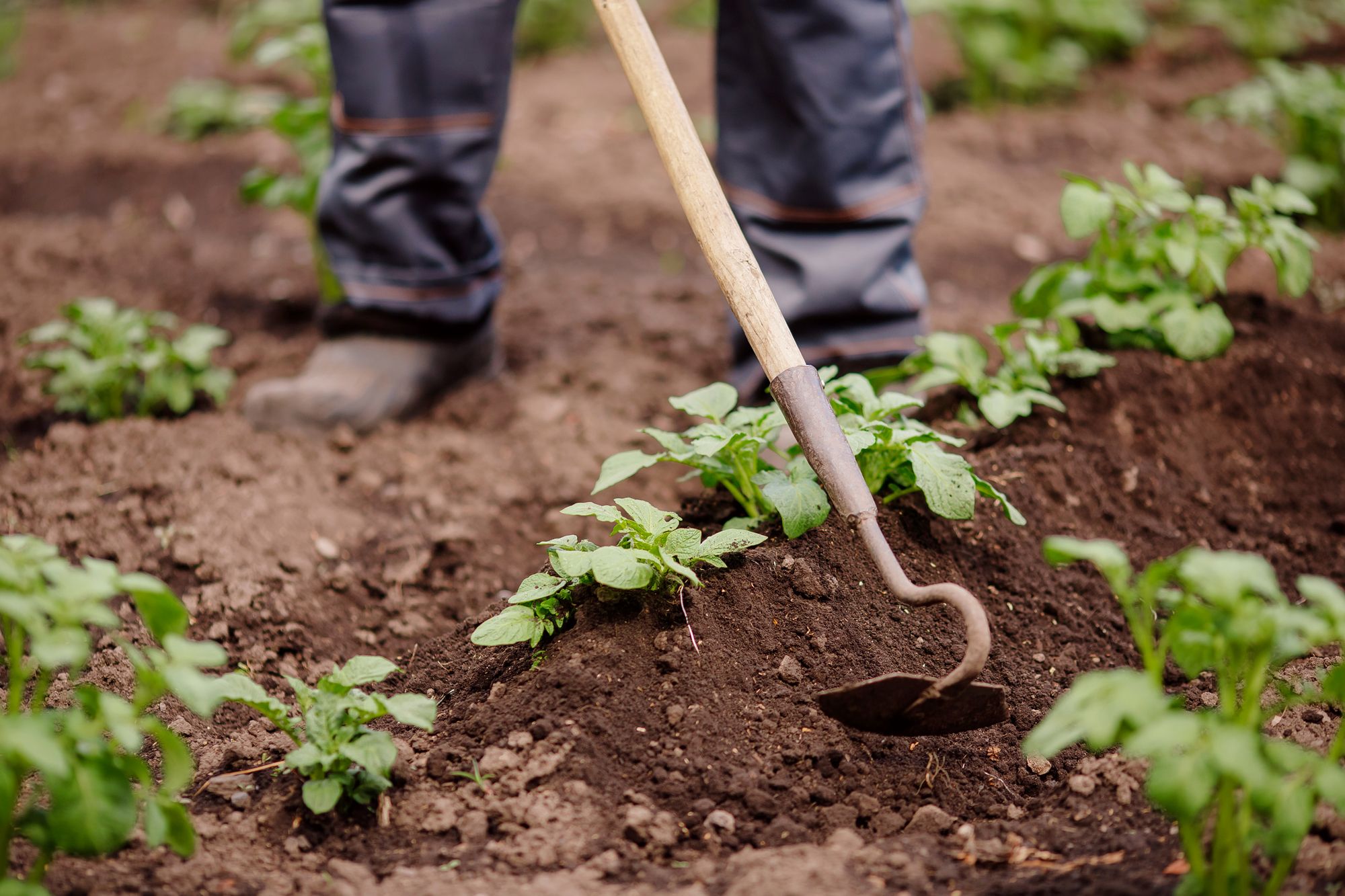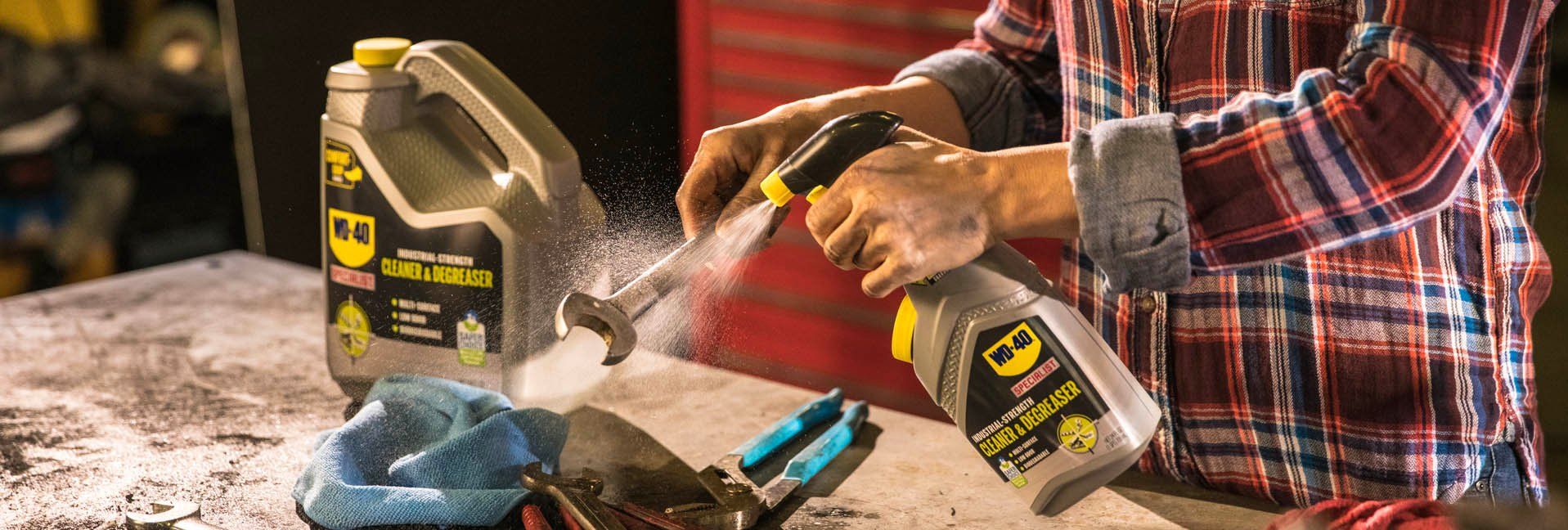‘Is Anybody Out There?’ - Where to get help for your farm


Farming is never-ending for many of us. Every day there is something that can be done. On our farm in Ohio, we are feeding animals and cleaning pens almost every day, and then we have piglets and baby goats born in eight or nine months out of the year. On the business side, we deal with marketing and production records—it seems like our list goes on and on.
On crop and produce farms there is preparation for the coming season, then planting, controlling weeds, insects, and disease to protect our crop so we have a sellable product. Other tasks during the year then include harvesting and all that entails, marketing…and then starting the process all over again for next year.
One thing is certain for any farm—big or small, no matter what the enterprises consist of—we are always learning.
"In my 30 years of working for Ohio State University, I do not know a well-seasoned farmer that has told me he knows everything."
Because we never stop learning, there are always moments we could use some help or advice. So where should one go when one needs help?
People paid to assist
There are many sources of information that we can tap into for assistance when we need help on our farms.
Since I work for Extension at Ohio State University, I have a bias for going to your local extension office first. We have access to a wealth of information pertaining to crop and livestock production, business management, marketing, estate planning, tax management, budgeting, lawn and gardens, pest management, ag safety, bee management, energy, agricultural and food law, water quality and more.
Ohio is very fortunate that we have an agriculture educator in almost every one of our 88 counties. Not all states are alike but they still maintain many of the same service. Extension services across the country can provide one-on-one consultation, educational events, field days, and don’t forget our many fact sheets, bulletins, and books.
Another way the Extension service can assist farmers is online through ‘Ask an Expert’ at ask.extension.org .
USDA’S FSA is there to help
Another agency that works very closely with farmers all over the United States is the United States Department of Agriculture (USDA) Farm Service Agency (FSA). They administer many segments of the farm bill as well as providing outreach to all customers.
Outreach activities include innovative marketing initiatives to promote participation to underserved segments: Veterans, New and Beginning Farmers, Women Farmers and Ranchers, Minority Farmers and Ranchers, and Specialty Crop Producers.
FSA has programs and loans to help farmers improve farm income through ARC/PLC Safety Net, price support, disaster assistance, and farm loan programs,
FSA's responsibilities are organized into five areas: Farm Programs, Farm Loans, Commodity Operations, Management, and State Operations. The agency provides America's farmers with a strong safety net through the administration of farm commodity programs. FSA also implements ad hoc disaster programs.
FSA's long-standing tradition of conserving natural resources is maintained through the Conservation Reserve Program, by providing credit to producers who are unable to receive private, commercial credit. FSA places special emphasis on providing loans to beginning, minority, and women farmers and ranchers.
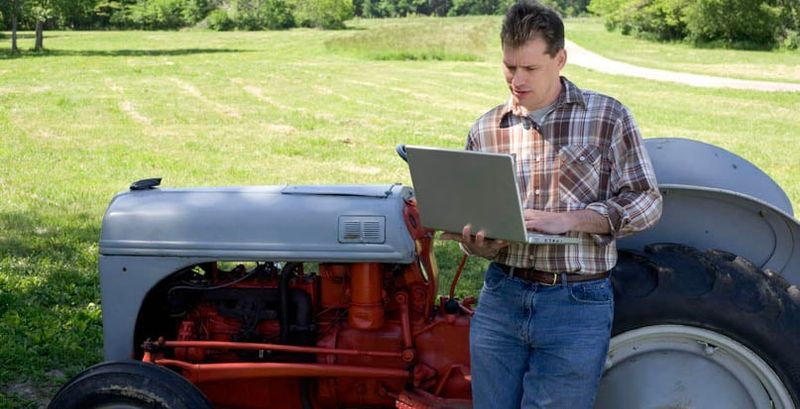
Look to your (natural) resources
Another USDA agency that provides service and assistance to farmers is the Natural Resources Conservation Service (NRCS). As the name states, NRCS assists farmers with natural resources conservation. All programs are voluntary and offer science-based solutions to benefit both the landowner and the environment.
You may be able to receive financial assistance from NRCS to make improvements to your land through the agency’s many programs. NRCS conservationists provide technical expertise and conservation planning for farmers, ranchers and forest landowners wanting to make conservation improvements to their land.
NRCS provides incentives to those wanting to put wetlands, agricultural land, grasslands and forests under long-term easements.
Who knows your county?
Another office you will find many times to provide assistance along with NRCS is the county office of your local Soil and Water Conservation District (SWCD). These county-funded offices typically:
- Implement agricultural and non-point source water pollution control programs. A regulatory component enforces agricultural sediment and livestock manure.
- Support and help fund local development of watershed management and protection action plans; help development and environmental interests with innovative stream protection within rural and urban landscapes
- Implement a comprehensive statewide soils information program; assist private and public sectors in using soils and natural resource information.
Community helpers do more than help
Another office that can provide help is the USDA Rural Development. They help improve the economy and quality of life in rural America. They offer loans, grants and loan guarantees to help create jobs and support economic development and essential services such as housing, health care, first responder services and equipment, and water, electric and communications infrastructure.
Most importantly, they promote economic development by supporting loans to businesses through banks, credit unions and community-managed lending pools. They offer technical assistance and information to help agricultural producers and cooperatives get started and improve the effectiveness of their operations.
There are many other farm member organizations that provide service and help to farm families such as American Farm Bureau, National Farmers Organization, The National Farmers Union, and many livestock breed organizations and producer grower organizations. Many states also have organic grower organizations that help with certification and maintaining certification for organic productions standards.
NRCS program links
• Farm Bill conservation programs
• Landscape Conservation Initiatives
Tags:Weekend Farmer

Acreage Life is part of the Catalyst Communications Network publication family.





